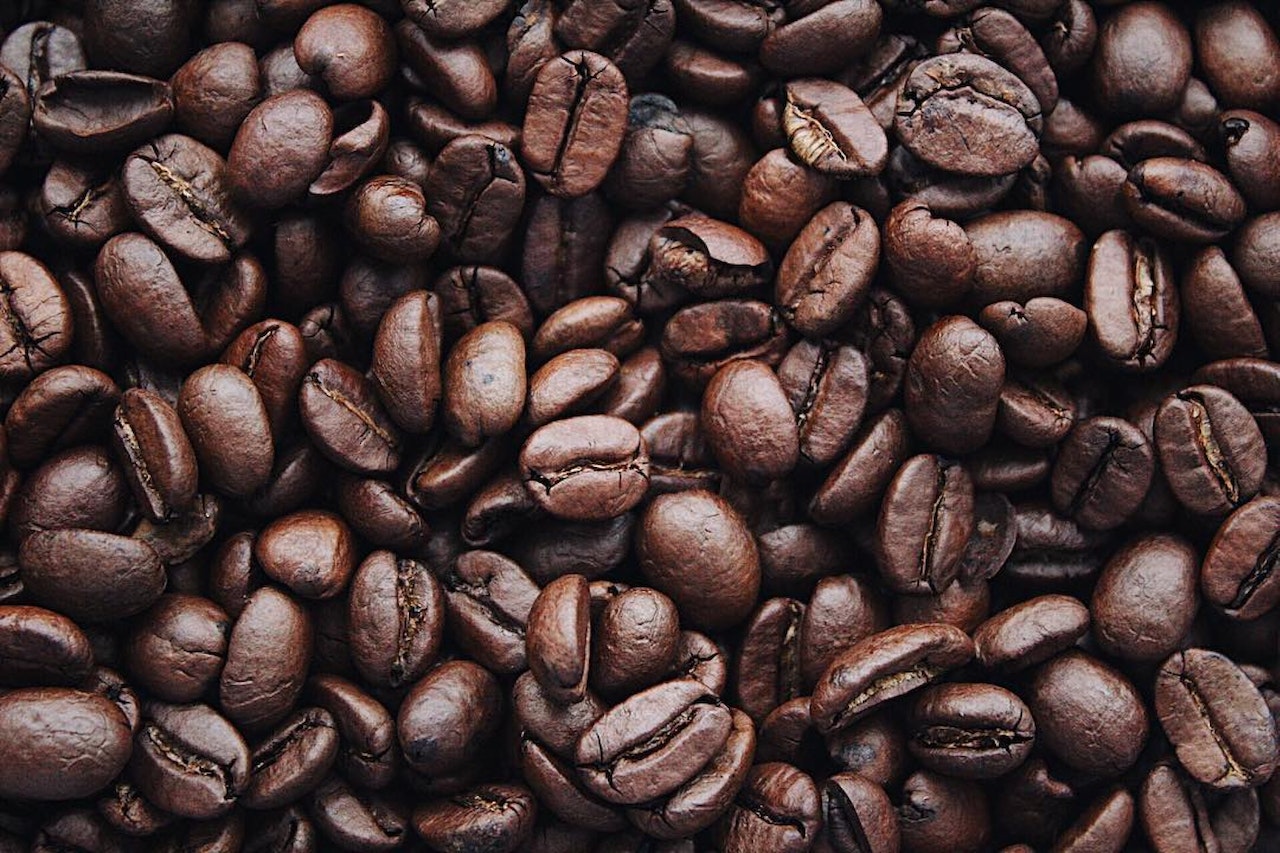If you’re a coffee lover, you’ll be delighted to know that your favorite beverage can do more than just wake you up in the morning. The last bit of coffee left in your carafe, which is often discarded, can actually be a valuable resource for your plants. Coffee, in both its liquid and grounds form, serves as a fantastic natural fertilizer for your plants, indoors and outdoors alike. In this article, we’ll explore the numerous benefits of using coffee as a plant fertilizer and how it can promote healthy growth and strong stems in your beloved greenery.
1. Rich Source of Nitrogen for Lush Green Growth
One of the key reasons coffee is a fantastic plant fertilizer is its nitrogen content. Plants require nitrogen for vital processes like photosynthesis and overall growth. Coffee grounds and brewed coffee are both abundant sources of nitrogen, providing a gentle yet steady supply to your plants. This nutrient boost results in lush green foliage and vigorous stems, creating a more vibrant and beautiful plant display.
2. Calcium and Magnesium for Enhanced Plant Health
Apart from nitrogen, coffee also contains essential minerals like calcium and magnesium, which are highly beneficial to plant health. Calcium plays a crucial role in cell wall structure and stability, while magnesium is an essential component of chlorophyll, the pigment responsible for photosynthesis. The combination of these minerals in coffee contributes to overall plant vigor and resilience.
3. Acid-Loving Plants Thrive with Coffee
Using coffee as a fertilizer is particularly advantageous for plants that thrive in acidic soil conditions. Acid-loving plants such as African violets, blueberries, azaleas, hydrangeas, and roses, among others, absolutely relish a good shot of coffee. The natural acidity of coffee and coffee grounds helps maintain the pH levels in the soil, providing an ideal environment for these plants to flourish.
4. Easy-to-Prepare Coffee Fertilizer Solution
Using coffee as plant fertilizer is a simple and straightforward process. Dilute your leftover coffee with water to create a weak tea-like solution. Aim for a ratio of approximately 1/4 coffee and 3/4 water or adjust the mixture according to your coffee’s strength. For those who enjoy a half-and-half mix, that works well too. The precise ratio is not critical, so you don’t need to be overly precise.
5. Versatility in Application
The beauty of using coffee as a fertilizer lies in its versatility. You can apply the coffee fertilizer to potted plants, houseplants, and even your vegetable garden. The gentle nature of the coffee solution makes it suitable for regular application, ideally once a week, alongside your regular watering routine. Your plants will undoubtedly appreciate the extra nutrients and hydration.
6. Coffee Grounds: Double the Benefits
Don’t toss away those leftover coffee grounds just yet! They can serve as an excellent source of nitrogen when directly added to the soil or included in your compost pile. Acid-loving plants such as blueberries, azaleas, and rhododendrons will be especially grateful, as the grounds raise the soil’s acidity level and act as a mild fertilizer. Additionally, coffee grounds act as a natural deterrent to common garden pests like slugs, snails, and ants, making your gardening endeavors more enjoyable. If you’re into vermicomposting, your worms will happily feast on coffee grounds too!
In conclusion, next time you have that last bit of coffee remaining, consider using it to nurture your plants. Coffee’s nitrogen content, along with its calcium and magnesium components, make it a wonderful natural fertilizer. Acid-loving plants, in particular, will thrive with the addition of coffee to the soil. So, brew that weak coffee solution, apply it regularly to your plants, and watch them flourish with vitality and beauty – all thanks to your coffee’s hidden potential as a powerful plant fertilizer. Happy gardening!
FAQs (Frequently Asked Questions)
1. Can I use any type of coffee for plant fertilization?
Yes, you can use any type of coffee for plant fertilization, including brewed coffee or coffee grounds. Whether it’s regular coffee, decaf, or even espresso, the beneficial nutrients for your plants remain present. Just make sure to dilute the coffee with water to create a weak tea-like solution before applying it to your plants.
2. Is coffee suitable for all types of plants?
While coffee is an excellent fertilizer for many plants, it may not be suitable for all of them. Some plants prefer alkaline soil conditions and may not thrive with coffee application. Examples of plants that may not respond well to coffee fertilization include lily of the valley, lavender, and honeysuckle. However, numerous acid-loving plants, such as blueberries, azaleas, and ferns, among others, will greatly benefit from coffee’s acidity.
3. Are there any other uses for coffee grounds in gardening?
Absolutely! Coffee grounds have several other valuable uses in gardening. Apart from being a nitrogen-rich addition to compost piles, they can also act as a natural pest deterrent. Garden pests like slugs, snails, and ants dislike the texture and smell of coffee grounds, making them an eco-friendly way to protect your plants. Additionally, if you’re practicing vermicomposting (composting with worms), coffee grounds make an excellent food source for your composting worms. They’ll break down the coffee grounds, turning them into nutrient-rich vermicompost that can further enhance your garden soil.

Leave a Reply